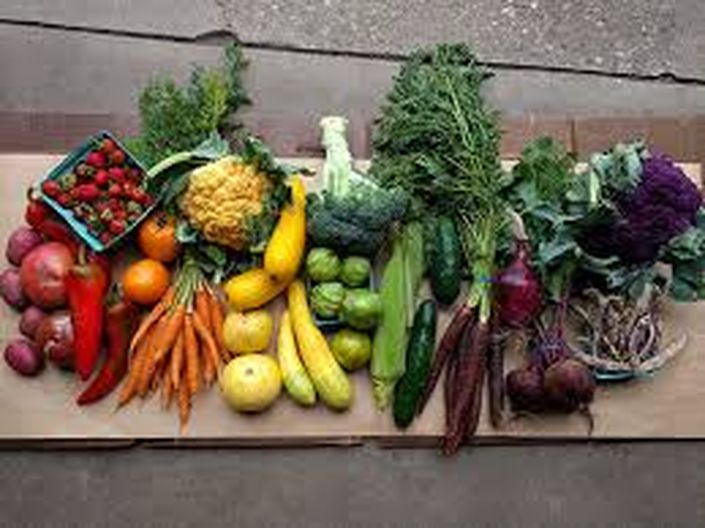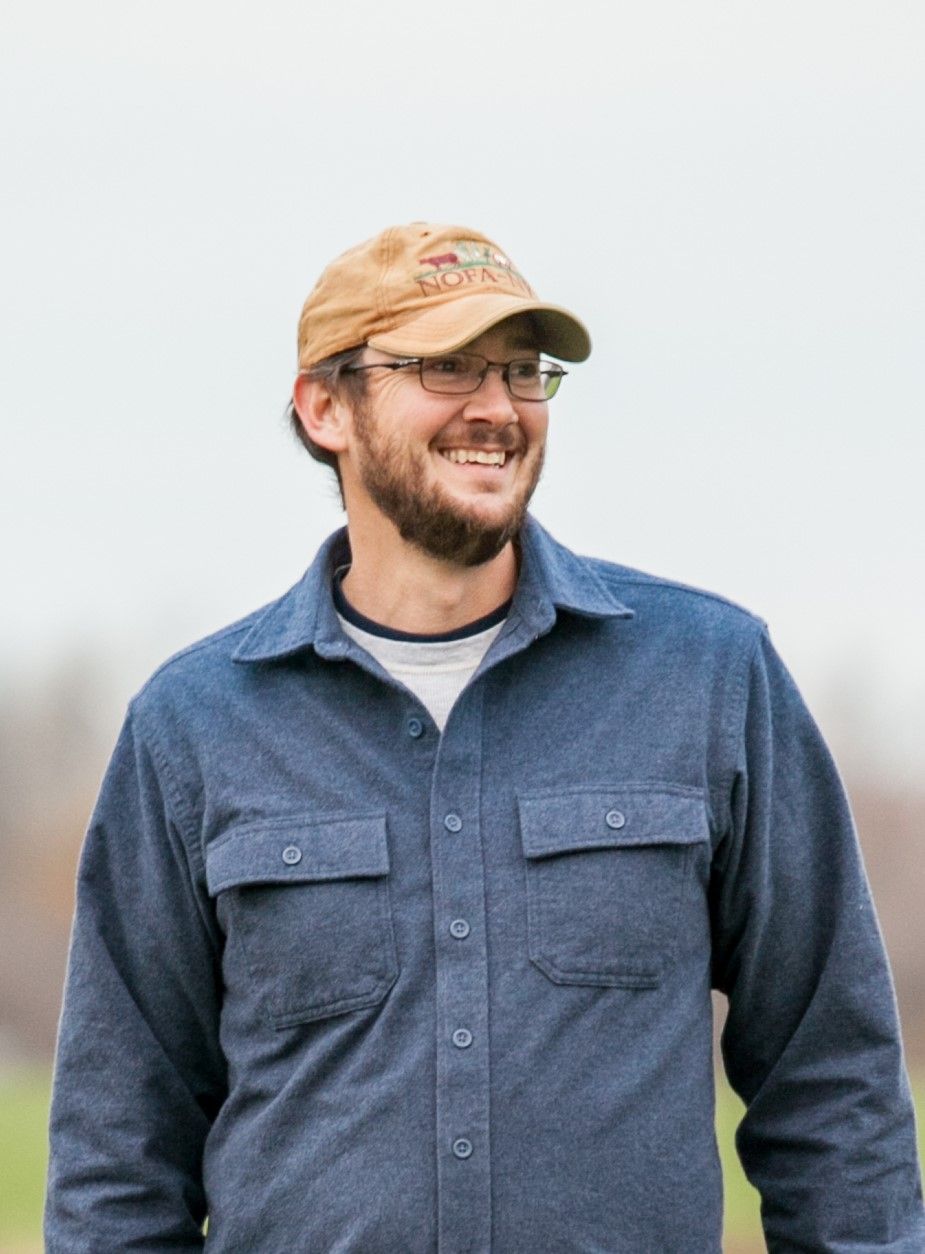
From Season-Long Care to Harvest
This course continues where BF 120 ends, and covers vegetable production from transplanting to harvest, including information on in-season fertility, integrated pest management, weed control options, harvesting strategies, and tips for marketing your products.
Participating in the weekly on-line discussions can help you with your plans for the coming growing season. (Note: You do NOT need to take BF 120 to enroll in this course.)
Target Audience
Beginning to Intermediate: This course is for aspiring farmers and those with at least one growing season of vegetable farming experience. You should already have a basic understanding of how to select crops, manage bed preparation, seeding, and transplanting. This course targets farmers in the Northeastern US. Farmers outside the region are welcome to register, but should do so knowing that some of the information presented may not be appropriate for their region.
Learning Objectives
By the end of this course, you will be able to
- Make good decisions about fertility management for your specific crops
- Understand options available for weed, pest, and disease control
- Be able to identify problem weeds, pests and diseases on your farm
- Learn successful harvesting and marketing strategies
Webinars
The bulk of the course happens on your own time, with discussions, readings, and assignments in Teachable, our virtual classroom. To add to the experience, webinars will be woven into the online interface of the course to allow you to meet on a weekly basis to learn from outside presenters and ask questions to address your farm issues in real time. If you miss one, they are always recorded and posted for later viewing.
Webinar Schedule
In 2026, this course will be offered live for 6 weeks on Wednesdays from 7:00 – 8:30 PM (Eastern) from January 14 – February 18. While we encourage live attendance, so you have the opportunity to engage with presenters and ask questions, all webinars are recorded and posted in the online classroom to watch anytime. Once enrolled in this course, you will retain access to all materials indefinitely, and can return to participate in the live webinars in future offerings of the course if you wish. Join us!
Your Instructor

Rich Woodbridge is the co-owner and operator of McCollum Orchards & Gardens, a diversified fruit, vegetable, and flower farm in Lockport, NY that has been family-owned since 1827. He specializes in organic and high-tunnel vegetable production. Rich previously served as the Agricultural Business Educator at Cornell Cooperative Extension of Niagara County for over five years, where he created and led the Beginning Farmer Training Program, a popular hands-on program designed to help aspiring farmers achieve their goals. He is currently the Grants Manager at the New York Farm Viability Institute, where he oversees the administration of nearly $10 million in farming grants each year.

Student Testimonials
"From this course I collected a huge document filled with webinar notes, resources, and links that I will continue to use well past the end of the course"
"The presenters were very informative and well versed in their field of expertise."
"In general, the course gave me realistic insights into
farming on a small scale."
Frequently Asked Questions
Online Course Tiered Pricing
The Cornell Small Farms Program offers a tiered pricing model to provide greater access to our online courses. To determine your course enrollment cost, please consult the chart below, and honestly identify your current financial situation.
We realize that not everyone is able to afford the price of our courses, so we also offer a small number of scholarships each year to New York State residents. To apply, please read scholarship requirements and complete the application here.
